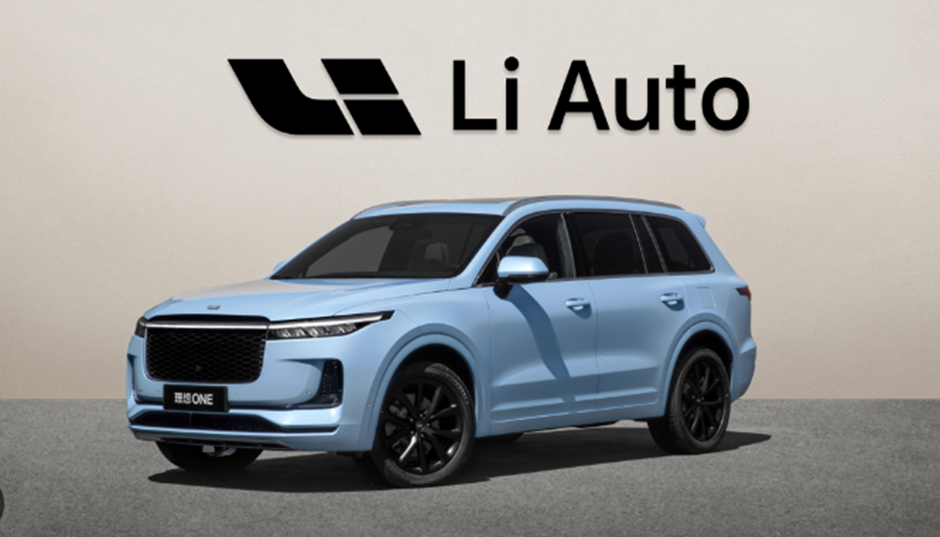Li Auto Joins Tesla in China's EV Price War Amidst Market Pressure
- Flexi Group
- Apr 24, 2024
- 2 min read
Li Auto, a major competitor of Tesla in mainland China, has announced a significant price reduction on all its vehicles, following closely on the heels of a discount offer by the US electric carmaker. The Beijing-based company stated on Monday that it would slash prices by up to 5.7 per cent, ranging from 18,000 yuan to 30,000 yuan, as part of its commitment to enhancing customer value. This move is aimed at catering to the needs of Chinese families by offering large vehicles equipped with household amenities.
Among the vehicles affected by the price adjustment is the Li Mega multipurpose minivan, which saw a price reduction of 30,000 yuan, or 5.4 per cent, bringing its price down to 529,800 yuan. Launched earlier this year, the fully-electric minivan, described as a "mobile home" by its manufacturer, comes equipped with a refrigerator and a sofa, targeting affluent families seeking travel convenience. Similarly, the Li L7 Max sport-utility vehicle witnessed a price drop of 20,000 yuan, or 5.7 per cent, to 329,800 yuan, marking the steepest discount in percentage terms.
Eric Han, a senior manager at Suolei, a Shanghai-based advisory firm, commented that the price competition between Tesla and Li Auto reflects a widening of the electric vehicle (EV) price war into the premium segment. This development may pose challenges for smaller competitors with narrow profit margins, as they may face further pressure from the pricing strategies of industry leaders.
Tesla, which dominates China's premium EV market, recently reduced prices of its Shanghai-made Model 3 and Model Y vehicles by more than 5 per cent, following similar price cuts in its largest market, the US. Li Auto, on the other hand, holds the second position in the premium segment, trailing behind Tesla. Despite setbacks in the first quarter of 2024 due to subdued market sentiment, both companies have witnessed significant growth in vehicle deliveries in recent years.
In response to weakening market conditions, BYD, the world's top-selling electric car manufacturer, initiated a price war in February by slashing prices of some budget models to attract young and low-income Chinese drivers. The company, backed by Warren Buffett's Berkshire Hathaway, introduced a new version of its plug-in hybrid, the Qin Plus DM-i, at prices 20 per cent lower than its predecessor. Since then, BYD has implemented price reductions of 5 to 20 per cent across its vehicle lineup.
Cui Dongshu, general secretary of the China Passenger Car Association (CPCA), noted in February that most carmakers were likely to continue offering discounts to maintain their market share amid intensifying competition.
By fLEXI tEAM
.png)
.png)



Comments